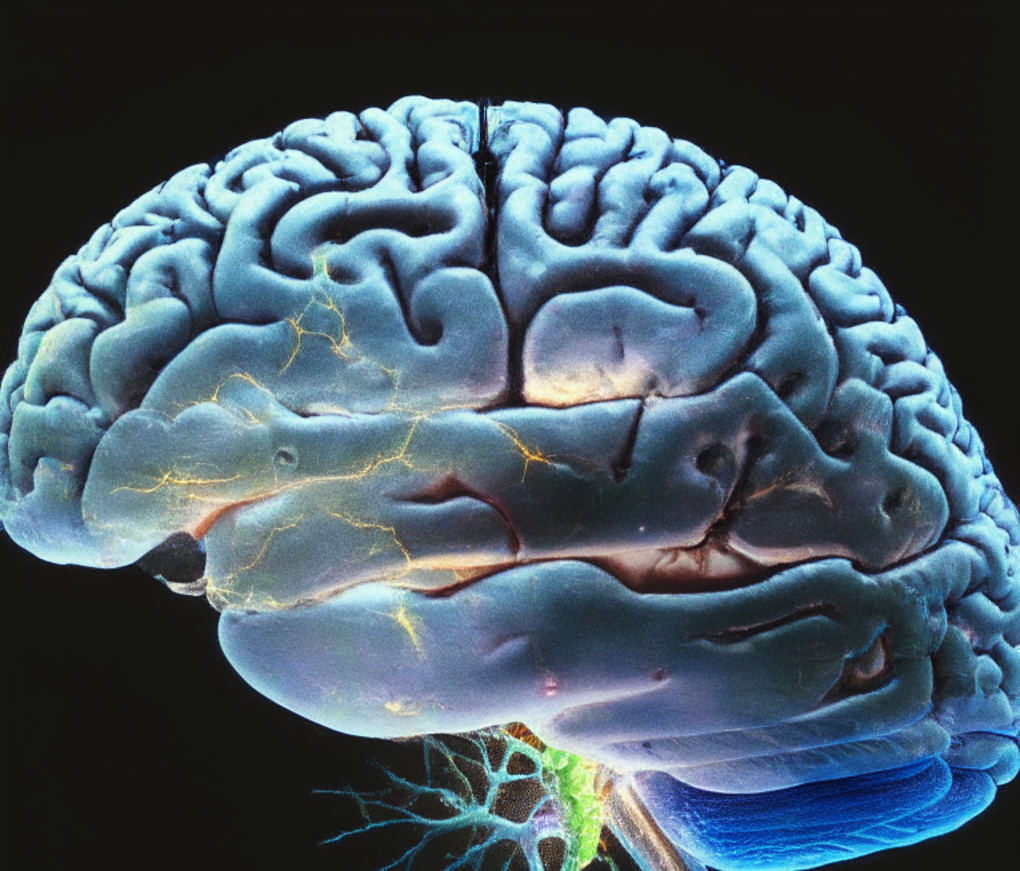
The Latest Research in Neuroscience and Brain Science
Created on 23 April, 2023 • Science • 806 views • 3 minutes read
The Latest Research in Neuroscience and Brain Science
The human brain is a complex and fascinating organ that has captivated the attention of scientists and researchers for centuries. Over the years, advances in technology and the field of neuroscience have allowed us to better understand the inner workings of the brain, leading to groundbreaking discoveries that have the potential to revolutionize medicine and change the way we think about the human experience.
In this blog, we will explore the latest research in neuroscience and brain science, highlighting some of the most exciting breakthroughs and discoveries in the field.
- Brain-Computer Interfaces (BCIs)
One of the most promising areas of research in neuroscience is the development of brain-computer interfaces (BCIs). BCIs are devices that allow individuals to interact with computers and other devices using only their thoughts. These devices work by detecting and interpreting the electrical signals produced by the brain, which can then be used to control a variety of devices, from prosthetic limbs to computers and smartphones.
Recent breakthroughs in BCI technology have shown that these devices can be used to help individuals with paralysis regain some degree of movement and independence. For example, a team of researchers at the University of Pittsburgh recently demonstrated that a BCI implanted in the brain of a paralyzed man allowed him to control a robotic arm with his thoughts, enabling him to feed himself for the first time in over a decade.
- Neural Stem Cells
Another area of research with the potential to revolutionize medicine is the study of neural stem cells. Neural stem cells are specialized cells that can differentiate into any type of cell found in the brain, making them a promising tool for repairing damaged brain tissue.
Recent research has shown that neural stem cells can be used to repair the damage caused by stroke and other neurological conditions. For example, a study published in the journal Nature Medicine found that injecting neural stem cells into the brains of mice after a stroke helped to repair the damage and improve their motor function.
- Brain Plasticity
One of the most exciting discoveries in neuroscience in recent years is the concept of brain plasticity, which refers to the brain's ability to change and adapt in response to new experiences and stimuli. This discovery has challenged the traditional view of the brain as a fixed and unchanging organ, and has opened up new avenues for research and treatment.
Research has shown that brain plasticity can be harnessed to help individuals recover from brain injuries and neurological conditions. For example, a study published in the journal Brain found that playing a musical instrument can improve the brain's ability to process speech in individuals with hearing loss, highlighting the potential for music-based therapies in treating neurological conditions.
- Optogenetics
Optogenetics is a relatively new field of research that involves the use of light to control the activity of neurons in the brain. This technique involves using genetically modified viruses to insert light-sensitive proteins into specific neurons, which can then be activated or deactivated using light.
Optogenetics has the potential to revolutionize our understanding of the brain and the treatment of neurological conditions. For example, researchers have used optogenetics to successfully treat symptoms of Parkinson's disease in mice, raising the possibility of using this technique to develop new treatments for the condition in humans.
- Connectomics
Connectomics is the study of the connections between neurons in the brain, and is an emerging field of research with the potential to revolutionize our understanding of brain function. Advances in imaging technology and computer algorithms have allowed researchers to map the complex network of connections between neurons, leading to new insights into how the brain works.
Recent research in connectomics has shown that the connections between neurons are highly dynamic and can change rapidly in response to new experiences and stimuli. This has important implications for our understanding of brain plasticity and the treatment of neurological conditions.
Categories
Popular posts
-
The Power of Positive ThinkingHealth and Fitness • 1,073 views
-
What is Nanotechnology?Technology • 1,015 views
-
-
The Future of Space ExplorationScience • 965 views
-
What is Edge Computing?Technology • 872 views